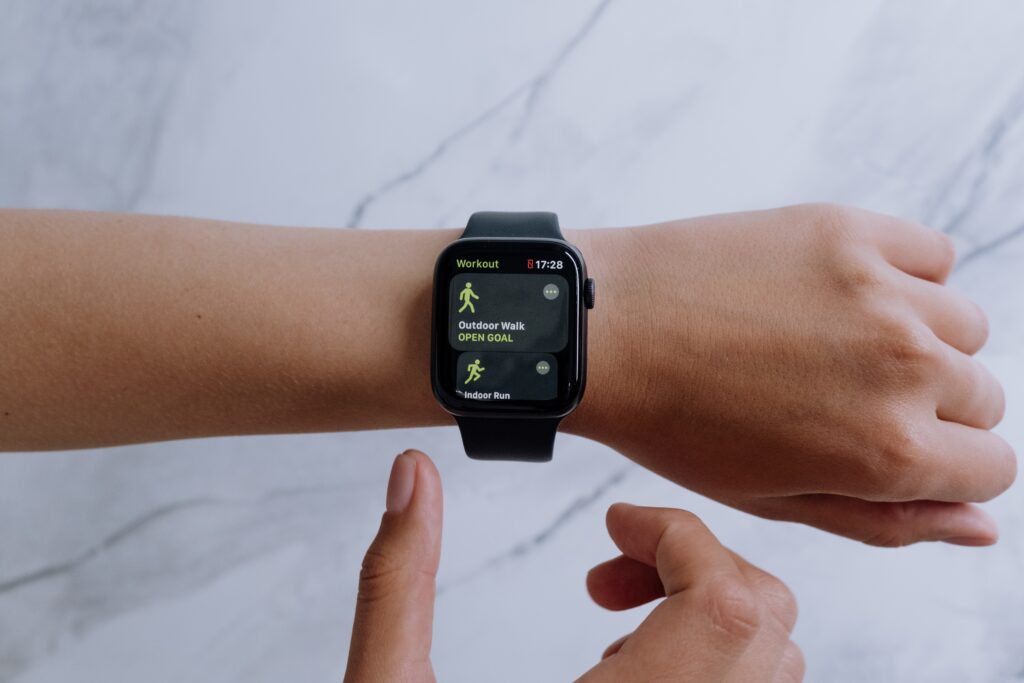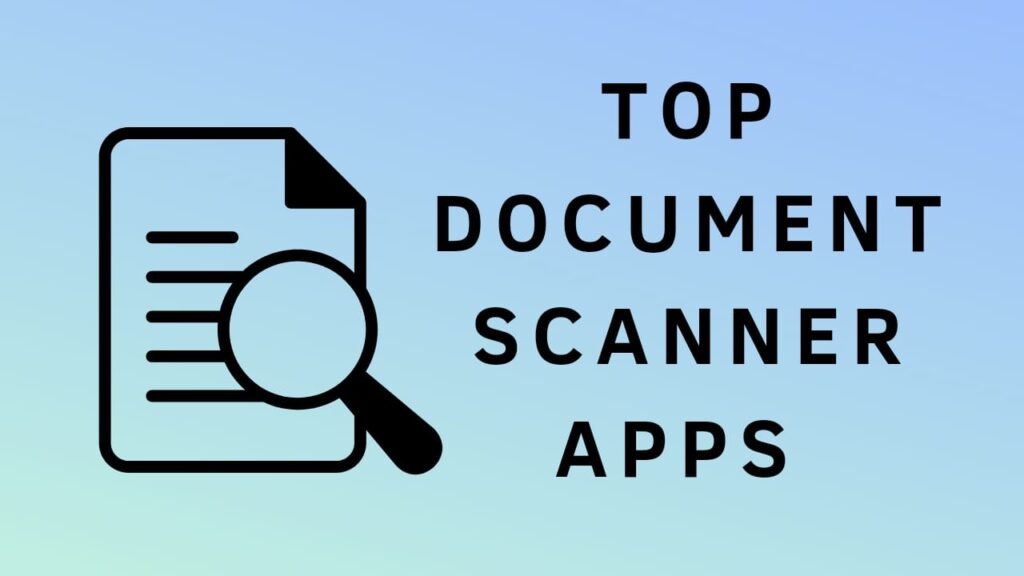In today’s fast-paced healthcare industry, the utilization of artificial intelligence (AI) has revolutionized various aspects of patient care and operational efficiency. One significant area where AI has made a substantial impact is medical record transcription. This article will explore Benefits of Ai in Medical Record Transcription highlighting how this technology is enhancing the way healthcare data is documented and managed.

How AI is Transforming Medical Record Transcription
Medical record transcription is a crucial process in the healthcare industry, as it involves documenting and managing patient information for various purposes. However, traditional transcription methods are often time-consuming, error-prone, and costly. That’s why many healthcare organizations are turning to artificial intelligence (AI) to improve their transcription processes and outcomes. AI is a powerful technology that can perform tasks that normally require human intelligence, such as speech recognition, natural language processing, and machine learning.
Importance of Accurate Medical Record Transcription
Accurate medical record transcription is essential for ensuring the continuity of care, facilitating communication between healthcare providers, and maintaining the integrity of patient information. Errors or inconsistencies in medical records can have serious consequences, leading to misdiagnoses, inappropriate treatments, and compromised patient safety.
Below Are 13 Benefits of AI in Medical Record Transcription
1.Efficiency and Time Savings with AI Transcription
AI-generated transcription tools can transcribe medical records at a much faster rate than human transcriptionists, significantly reducing the time and resources required to document patient information. This efficiency allows healthcare providers to focus more on patient care and less on administrative tasks.
2.Improved Accuracy in Medical Records
AI transcription systems have the capability to accurately transcribe medical dictations, ensuring that important details are not overlooked or misinterpreted. This level of accuracy is crucial for making informed clinical decisions and providing high-quality care to patients.
3.Enhancing Data Security and Privacy
AI transcription tools are equipped with robust security measures to safeguard patient information and ensure compliance with privacy regulations such as HIPAA. By encrypting data and implementing access controls, AI transcription systems help moderate the risk of data violation and unauthorized access.
You May Also Read : How Ai Can Change Future Of Health Care
4.Cost-Effectiveness of AI Transcription
AI transcription technology offers a cost-effective solution for healthcare organizations looking to streamline their transcription processes. By reducing the need for manual transcription services and minimizing errors, AI transcription can help save time and resources in the long run.
5.Increased Accessibility to Healthcare Information
AI transcription systems enable healthcare providers to access patient records quickly and efficiently, regardless of their location. This accessibility enhances collaboration among care teams and facilitates timely decision-making in patient care.
6.Integration with Electronic Health Records (EHR)
AI transcription tools can seamlessly integrate with electronic health records (EHR) systems, allowing for the automatic transfer of transcribed data into patient records. This integration eliminates duplicate data entry and ensures the accuracy and completeness of medical documentation.
7.Reduction in Errors and Mistakes
By utilizing AI for medical record transcription, healthcare organizations can minimize the risk of transcription errors and mistakes. AI systems are programmed to recognize patterns and context within medical dictations, leading to more accurate and reliable transcriptions.
8.Better Patient Outcomes and Quality of Care
The accurate and timely transcription of medical records can have a direct impact on patient outcomes and the quality of care provided. By using AI transcription technology, healthcare providers can make more informed decisions and deliver personalized treatment plans that meet the needs of individual patients.
9.Utilization of Machine Learning in Transcription Processes
AI transcription systems leverage machine learning algorithms to continuously improve their transcription accuracy and efficiency over time. By analyzing patterns in speech and language, these systems can adapt to different accents, dialects, and terminology used in medical settings.
10.Customization and Adaptability of AI Transcription Systems
AI transcription tools can be customized to meet the specific needs and preferences of healthcare providers. From adjustable transcription speeds to personalized dictation templates, AI systems offer flexibility and adaptability to accommodate diverse transcription requirements.
11.Enhanced Decision-Making for Healthcare Professionals
With AI-powered transcription tools, healthcare professionals can access accurate and up-to-date medical information to support their clinical decision-making. By having easy access to comprehensive patient records, providers can deliver more personalized and effective care.
12.Streamlining Medical Billing and Coding Processes
AI transcription technology can Optimize the medical billing and coding processes by accurately documenting patient encounters and procedures. This automation reduces the administrative burden on healthcare staff and ensures that billing codes are submitted correctly for timely reimbursement.
13.Overcoming Language Barriers in Transcription
AI transcription systems can overcome language barriers by transcribing medical dictations in multiple languages. This feature is especially beneficial in multicultural healthcare settings where patients and providers may speak different languages.
In conclusion, the benefits of AI in medical record transcription are vast and impactful, ranging from improved accuracy and efficiency to enhanced data security and accessibility. By embracing AI technology in transcription processes, healthcare organizations can elevate the quality of patient care, streamline operational workflows, and drive better clinical outcomes. As the healthcare industry continues to evolve, AI transcription will play a vital role in shaping the future of medical documentation and information management.
FAQs:
- What security measures are in place to protect patient information in AI transcription systems?
- AI transcription systems use encryption and access controls to safeguard patient data and ensure compliance with privacy regulations.
- Can AI transcription systems be customized to meet the specific needs of healthcare providers?
- Yes, AI transcription tools offer customization options to accommodate diverse transcription requirements and preferences.
- How do AI transcription systems enhance decision-making for healthcare professionals?
- AI-generated transcription tools provide healthcare providers with easy access to comprehensive patient records, supporting informed clinical decision-making.
For More Information Of AI Tools Visit Our Website












